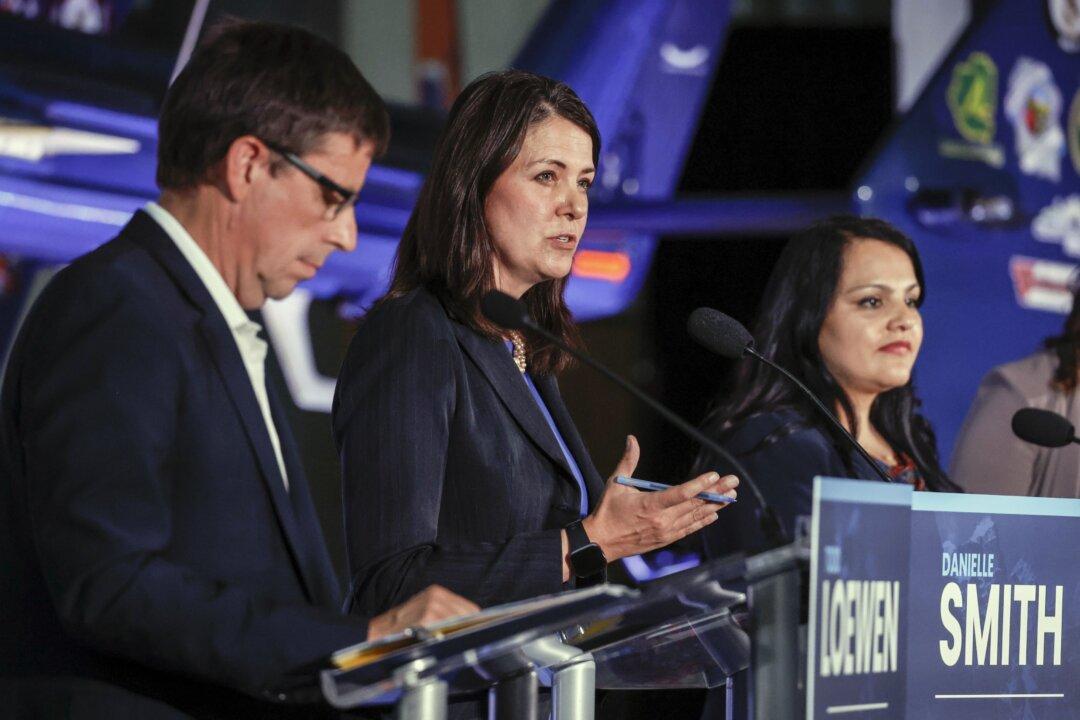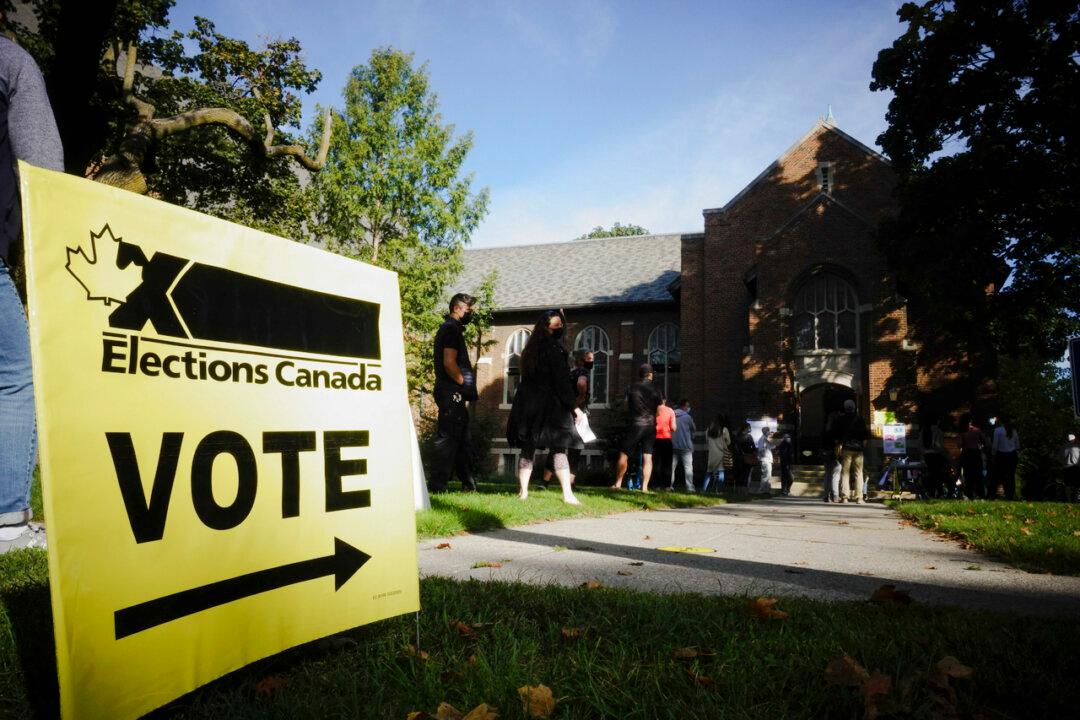Commentary
The United Conservative Party of Alberta is holding a leadership race to replace outgoing Premier Jason Kenney. Two former Wildrose Party leaders, Brian Jean and Danielle Smith, are neck-and-neck in opinion polls. While the GOTV (get out the vote) strategy of both candidates will obviously determine who wins on Oct. 6, other intangibles such as policy ideas will help move the political needle in one direction or the other.





